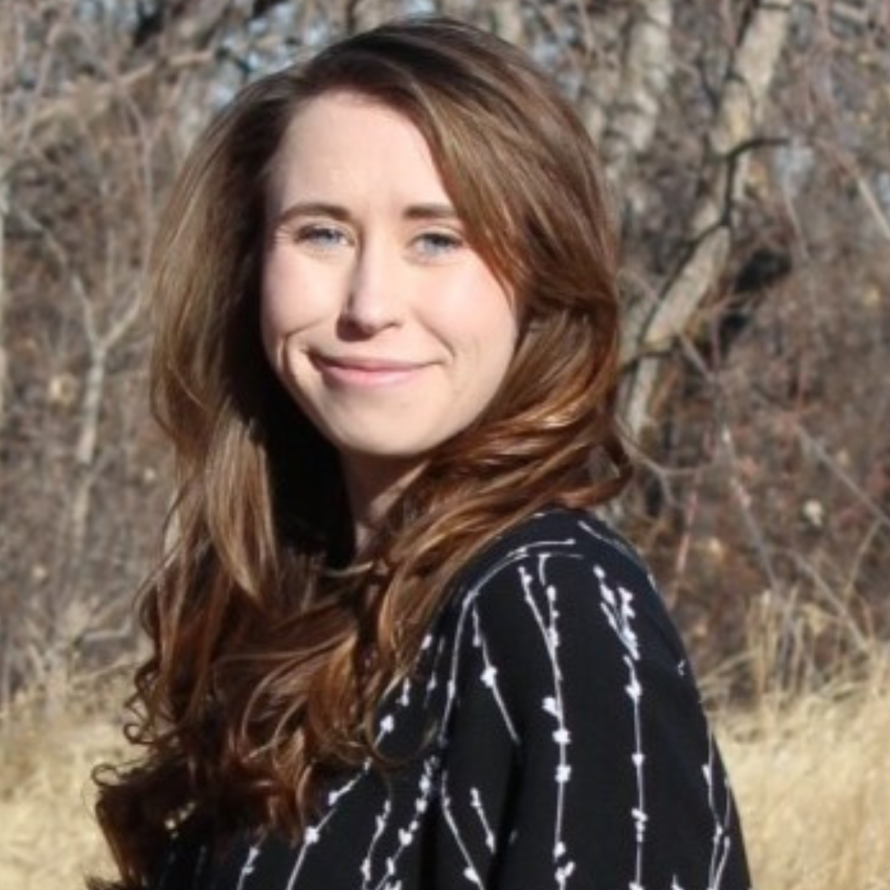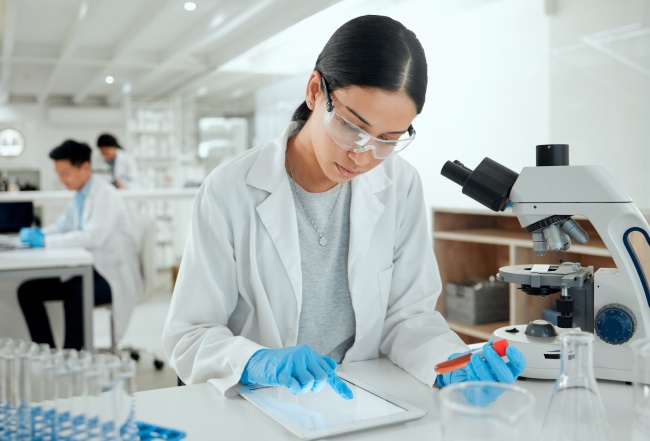
Gain specialized knowledge, practical skills, and industry recognition while contributing to a more sustainable future for scientific research and innovation.
Access in-depth education on green lab topics and solutions from leading experts in laboratory sustainability and environmental practices.

Immerse yourself in interactive content including infographics, videos, quizzes & worksheets designed to reinforce concepts and build practical skills.

The Accredited Professional program delivers comprehensive training across six essential areas of laboratory sustainability: Waste Management, Green Chemistry, Engagement, Procurement, Energy, and Water.
Each module provides specialized knowledge and practical implementation strategies for creating more sustainable scientific workspaces.
Get comprehensive access to online modules, expert videos, downloadable resources, assessment tools, and exclusive membership in the My Green Lab Accredited Professionals community.
For industry professionals, commercial laboratories, and private sector researchers. Save 20% with our comprehensive sustainability package that includes all 6 modules.
For students, university researchers, non-profits, and government professionals. Save 20% with our comprehensive sustainability package that includes all 6 modules.
Prefer a different checkout method or purchasing for a group? We’re happy to arrange an invoice or support multi-user access upon request.
When you complete all six modules, you’ll receive a certificate recognizing your expertise.
Learn strategies for reducing laboratory waste, implementing proper disposal practices, and creating circular resource systems in scientific environments.
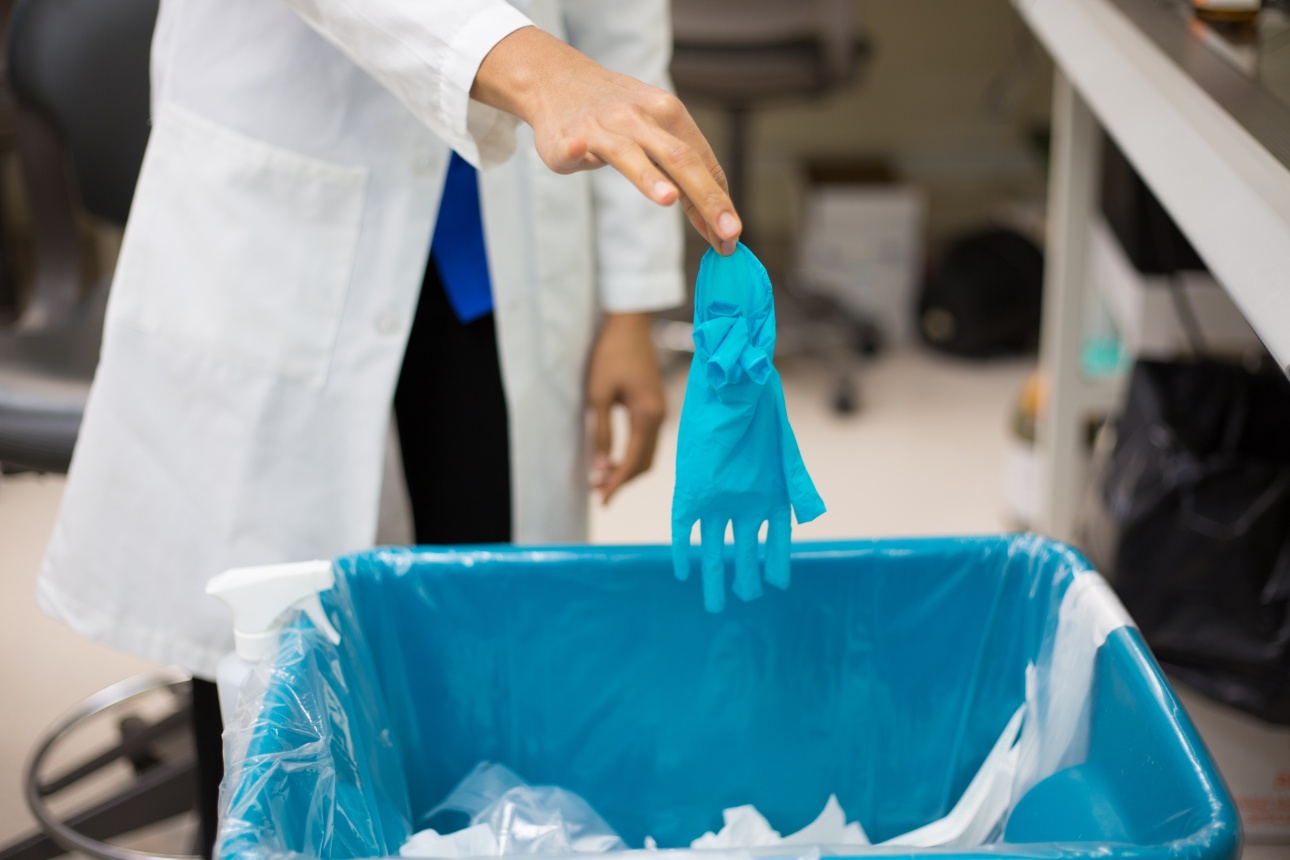
Develop expertise in safer chemical selection, implementing processes that reduce environmental impact, and applying principles of greener, more sustainable experimental design.
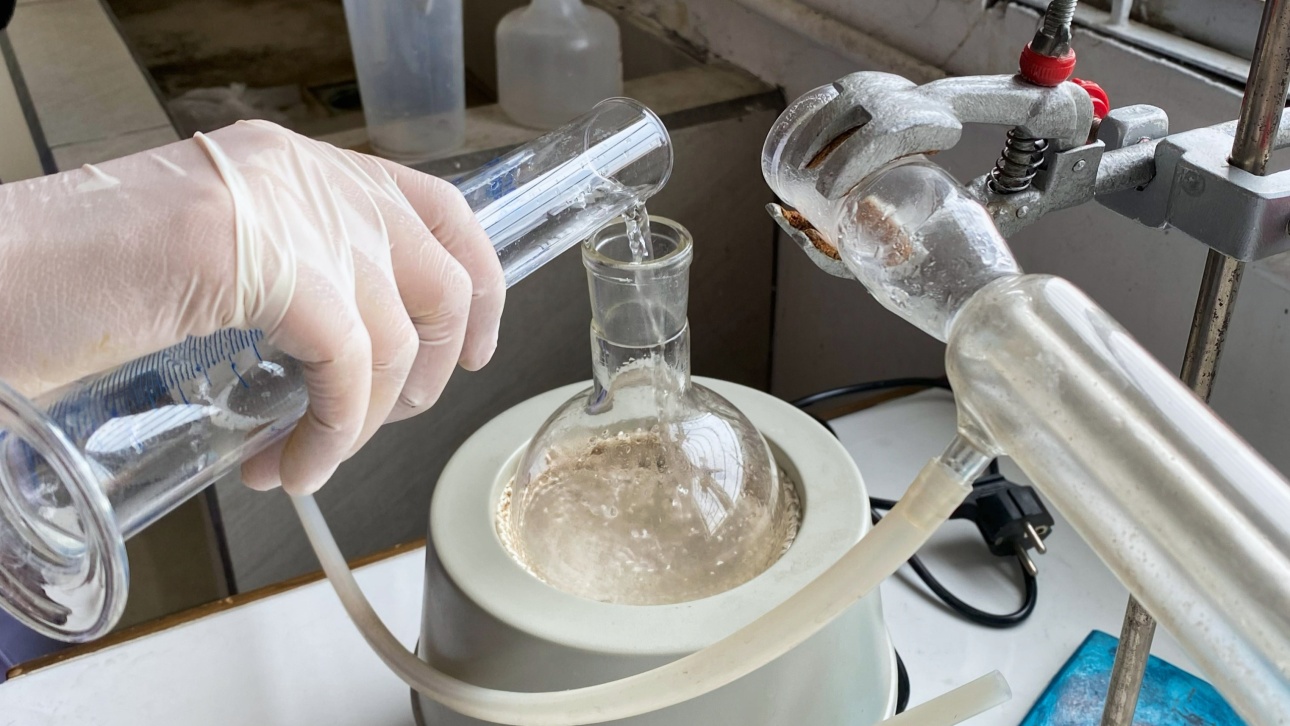
Discover approaches for building sustainability culture, developing effective communication strategies, and implementing successful change management.
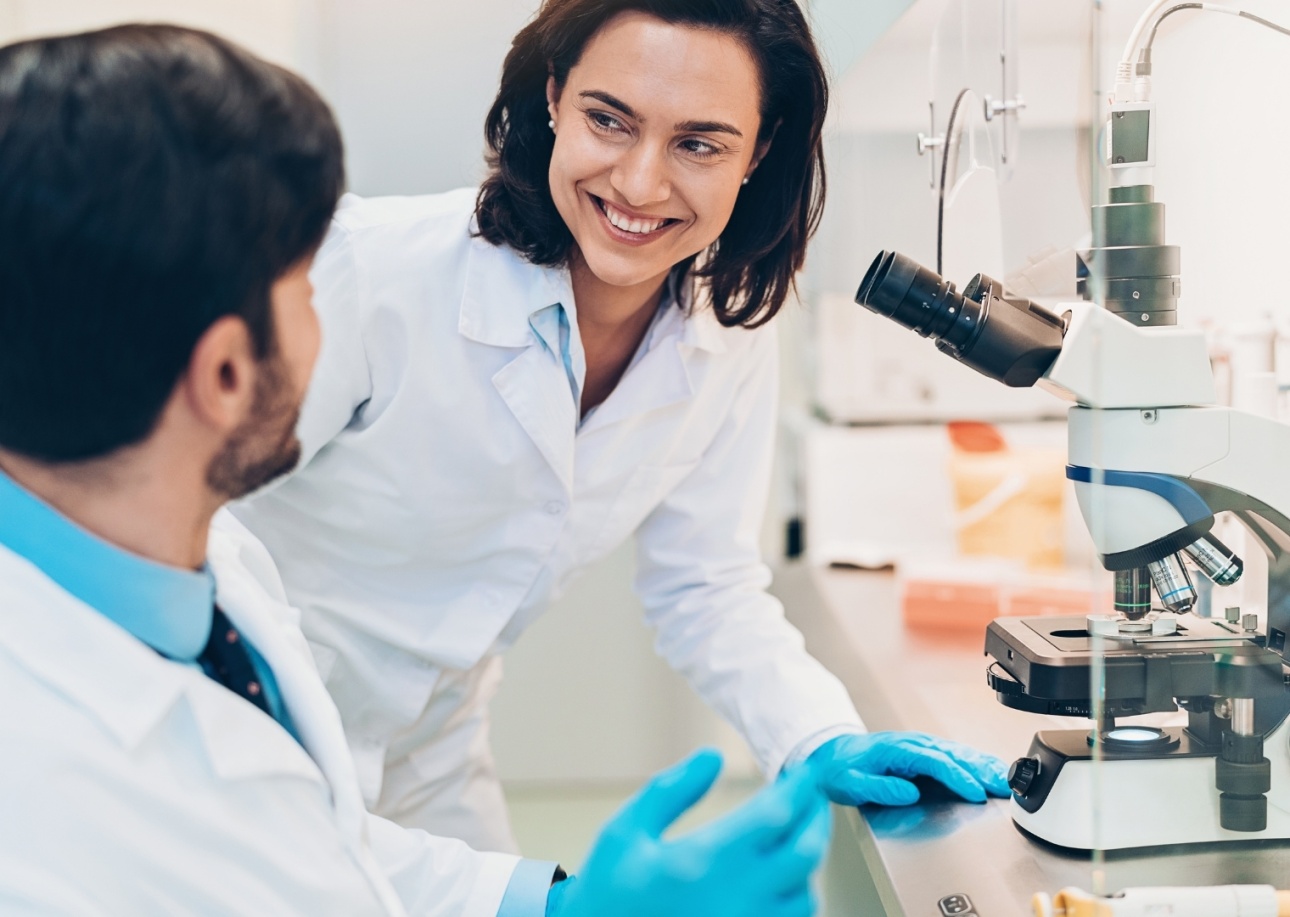
Master sustainable purchasing frameworks, learn to evaluate environmental claims, and implement effective green procurement policies.
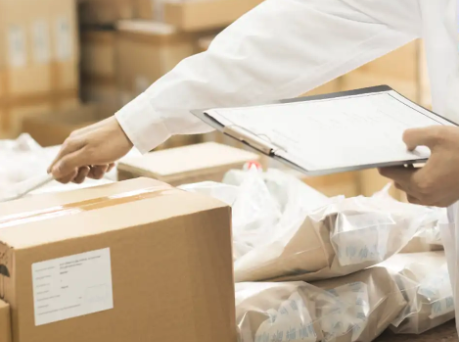
Understand laboratory energy consumption patterns and implement conservation strategies specific to scientific research environments.
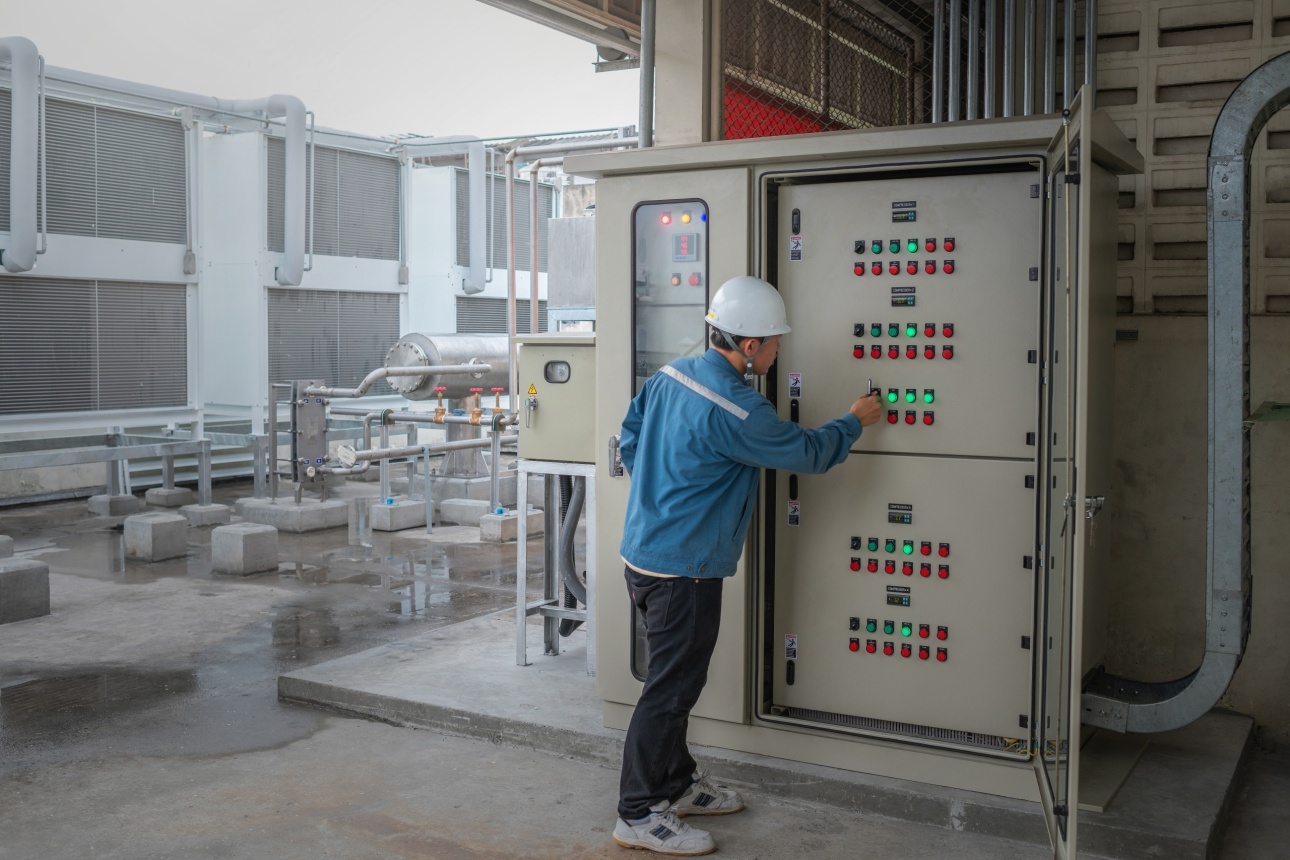
Explore water conservation approaches, quality considerations, and reduction strategies tailored for laboratory operations.
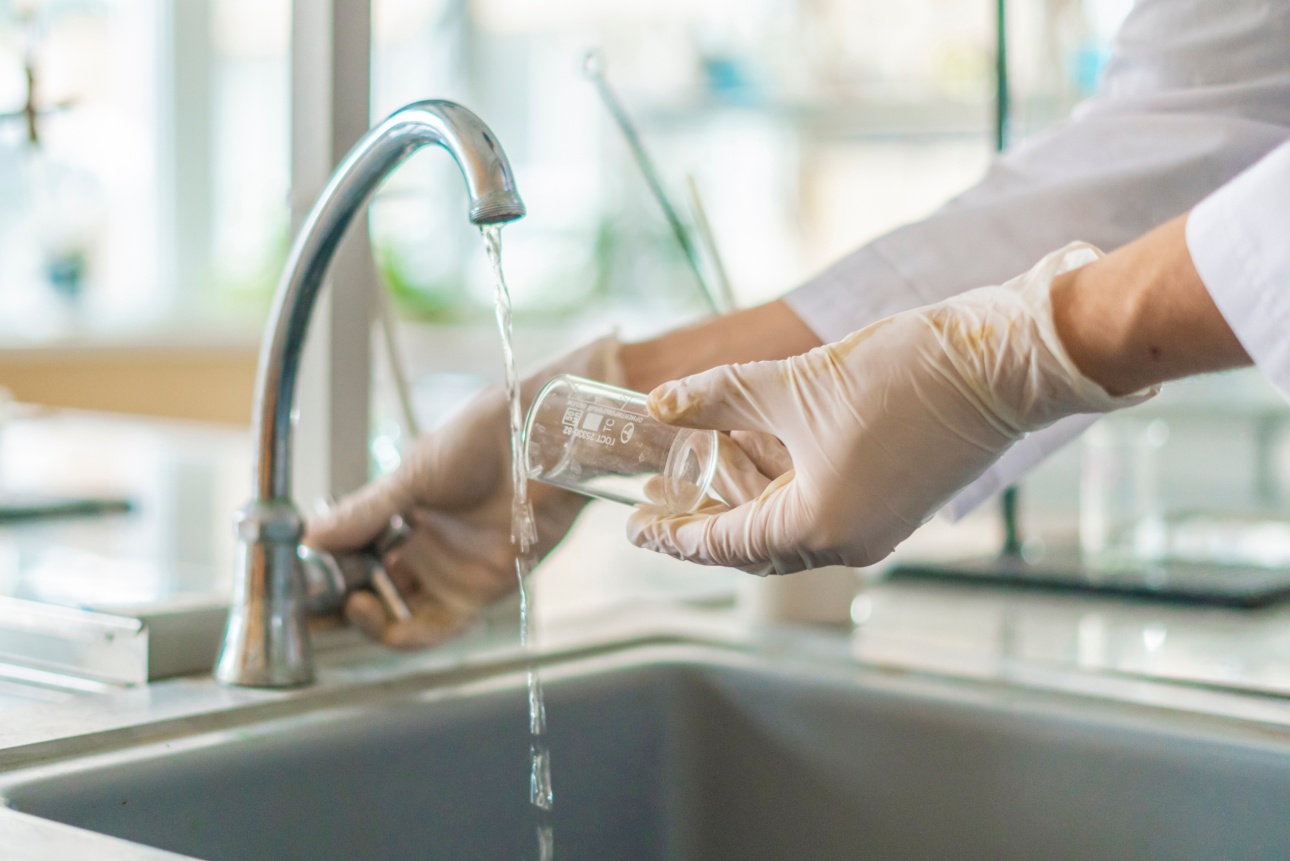
Obtaining this accreditation is important for establishing myself as a credible sustainability professional. This external recognition enhances my professional profile and enables me to contribute effectively to the sustainable laboratory community.
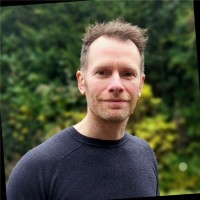
Accredited Professionals course format
The My Green Lab AP program offers flexible, self-paced learning, with each module taking 3–5 hours. Access expert videos, case studies, and practical assessments, earning badges for a 70%+ score. Complete all six to earn full AP certification.
Our curriculum is developed by leading specialists in laboratory sustainability who bring real-world experience and cutting-edge knowledge to the program.
Christina is a member of the Standards and Technical Resources team, supporting a multitude of My Green Lab’s programs to ensure their continued rigor and relevance. Additionally, she is involved with strategic projects, writing and speaking engagements, and leads on the International Laboratory Freezer Challenge. She has been with My Green Lab since 2019.
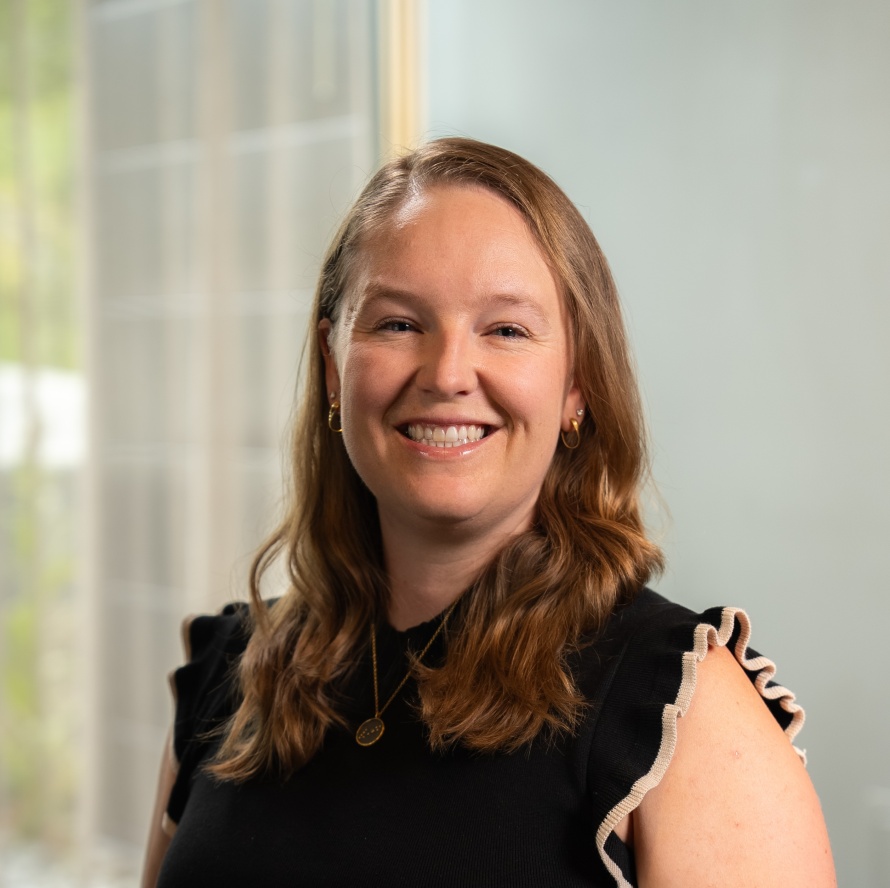
Scott coordinated the industry-wide revision & adoption of the ACT Ecolabel 2.0. Scott worked for seventeen years as a Lab Director in research and biotech manufacturing at Labcon after receiving his MS in molecular genetics from the University of California, Berkeley.
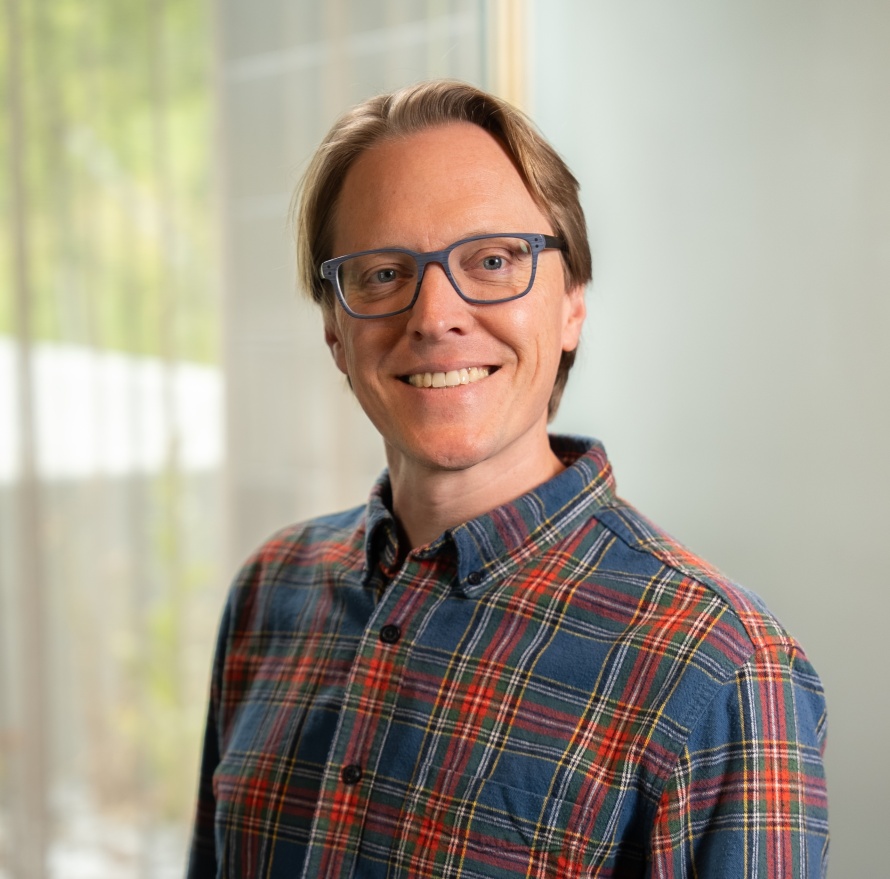
Rachael Relph is the former Chief Sustainability Officer at My Green Lab, where she led efforts to transform laboratory operations through sustainable practices like energy efficiency, waste reduction, and digital innovation. With a Ph.D. in Chemistry from Yale University, she played a key role in advancing the Green Lab Certification program and promoting science-based climate action across the research community. Her leadership helped position My Green Lab as a global authority on sustainability in science.
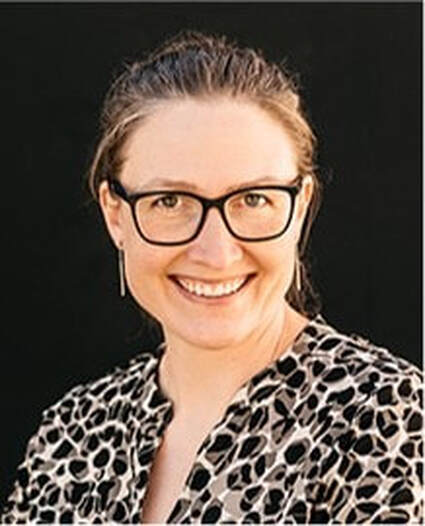
Abbie Macmillan-Jones is a senior scientist working in Discovery Sciences at AstraZeneca. She supports the discovery and development of novel therapeutics for Oncology and has a breadth of experience across emerging modalities including scientific expertise in PROTACs, molecular glues and degrader-antibody conjugates.
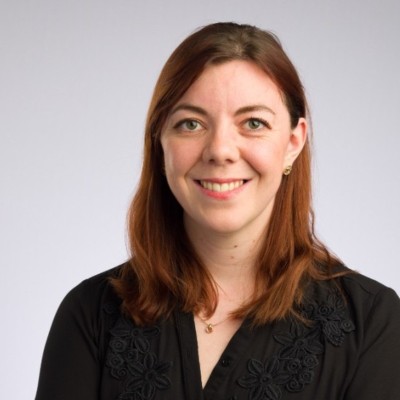
Kristin Ferrufino began her career in Pharmaceutical Manufacturing, where she fell in love with laboratory management and purchasing. She then transitioned to the University of Virginia and managed the research and development scientific commodity for over 9 years as part of a strategic procurement group.
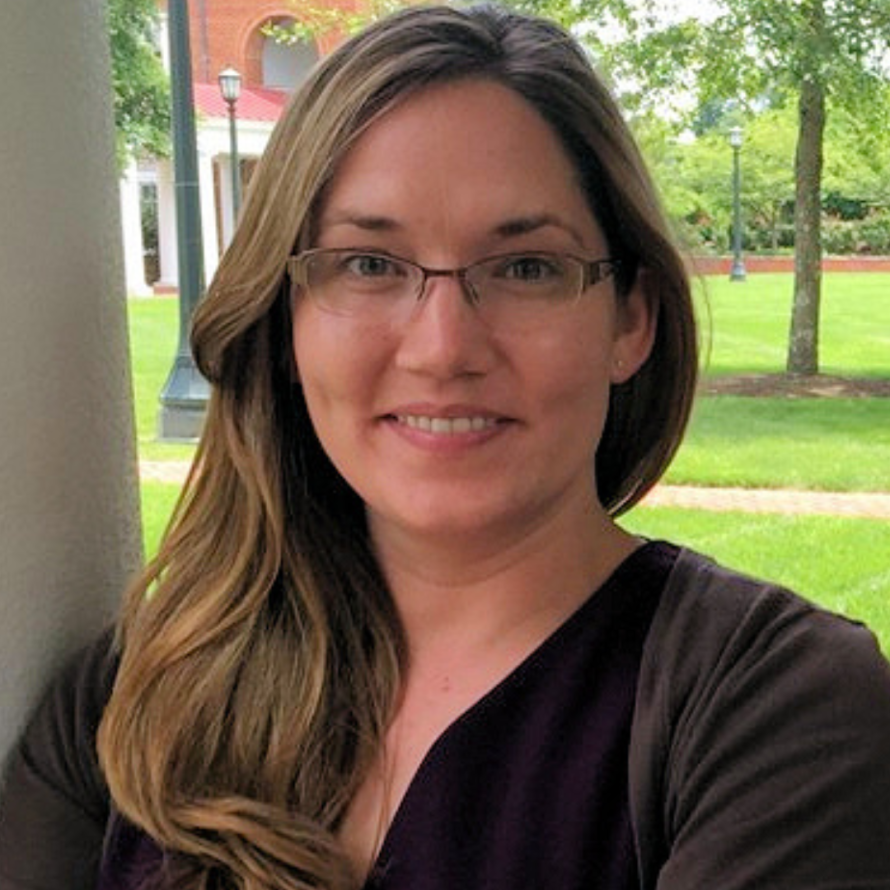
Jeffrey leads cross-functional efforts that connect environmental and social responsibility with operational excellence and business growth. He also spearheaded the SCALE, SHAPE, SMASH and SHIFT frameworks to embed sustainability throughout the product lifecycle, operationalize circular packaging and close the loop on lab plastics.

Amy holds the world’s first Ph.D. in Green Chemistry from the University of Massachusetts Boston where her research involved the environmentally benign synthesis of photoactive materials. She is the co-founder and executive director of Beyond Benign, a non-profit organization dedicated to green chemistry education.
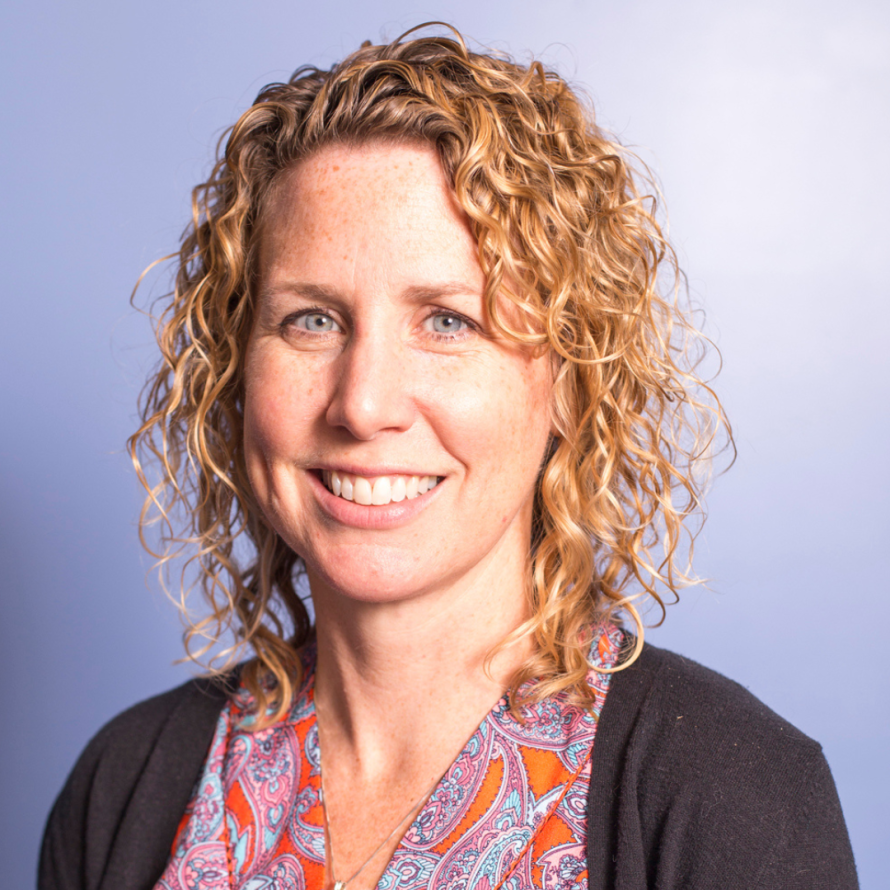
Dr. Warner is co-founder, President, and Chief Technology Officer at the Warner-Babcock Institute for Green Chemistry, as well as co-founder and President of Beyond Benign. He is the recipient of the 2014 Perkin Medal, widely acknowledged as the highest honor in American industrial chemistry.
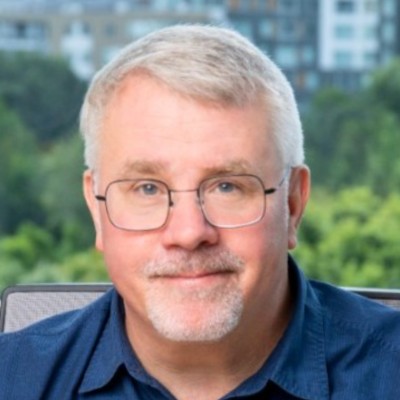
Sheila is an immunologist with strong background in mucosal immunity, gut health, and in vivo infection models. She has expertise in bacterial pathogenesis, intracellular signaling, and host-microbe interactions.
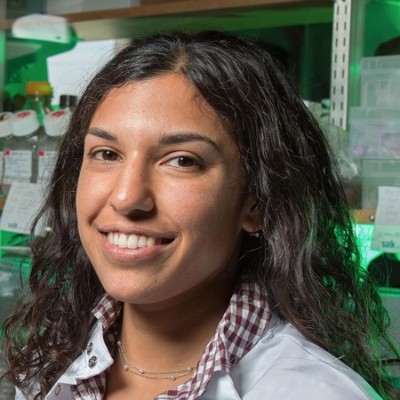
Oakley Jennings-Fast holds a Bachelor’s in Chemical and Biological Engineering. She consults companies to reach their zero waste goals.
She is also the founder of Level Up Planet where she educates individuals on the circular economy.
